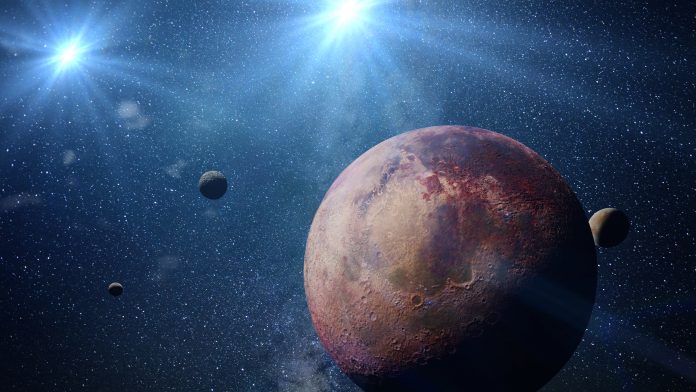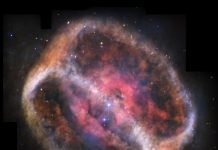Artificial Intelligence experts have been invited to embark on the Ariel Data Challenge 2023 and look for exoplanets
Are you an expert in AI and fancy challenging yourself on a new space mission to find exoplanets? Well, the Ariel Data Challenge 2023, which launches on 14 April, might just be for you.
What is the Ariel Data Challenge 2023?
“The Ariel Space mission is a European Space Agency mission to be launched in 2029. Ariel will observe the atmospheres of 1000 extrasolar planets – planets around other stars – to determine how they are made, how they evolve and how to put our own Solar System in the gallactic context.”
Essentially, AI and machine learning experts are invited to help a new space mission to investigate Earth’s place in the universe. Experts inside and outside academia and industry and encouraged to participate and help astronomers understand and locate exoplanets.
Timeline of Ariel Data Challenge 2023
- 14-April – Challenge begins
- 14-April – Baseline solution and other documentations released
- 14-April – Challenge is live!
- 18-June – Invitation to Final Evaluation round
- 03-July – Winners are informed & announced
- 18 – 22 September (tbc) – Winning solutions presented at ECML-PKDD 2023 Workshop
The AI revolution in exoplanets
Dr Ingo Waldmann, Associate Professor in Astrophysics, UCL (University College London) and Ariel Data Challenge lead, commented:
‘AI has revolutionised many fields of science and industry in the past years’
“AI has revolutionised many fields of science and industry in the past years. The field of exoplanets has fully arrived in the era of big-data and cutting-edge AI is needed to break some of our biggest bottlenecks holding us back.”
5000 planets orbiting other stars in our galaxy have been discovered
Major developments have been made in astronomy that, for centuries, we only could have dreamed of. For centuries, astronomers could only glimpse planets, but advancements in telescopy in space mean that they have since discovered more than 5000 planets orbiting other stars in our galaxy.
The European Space Agency’s Ariel telescope will be of the largest-ever surveys of exoplanets. Specifically, it will observe the atmospheres of around one-fifth of the known exoplanets.
“With the arrival of next-generation instrumentation, astronomers are struggling to keep up with the complexity and volume of incoming exo-planetary data. The ECML-PKDD data challenge 2023 provides an excellent platform to facilitate cross-disciplinary solutions with AI experts,” adds Kai Hou (Gordon) Yip, Postdoctoral Research Fellow at UCL and Ariel Data Challenge Lead.
What will the competition look like?
Winners will present their solutions at the prestigious ECML conference. Following this, the three that come tip will be given sponsored tickets to ECML-PKDD in Turing or the cash equivalent.
There will also be the opportunity for those successful to present their ideas at the Ariel consortium.











